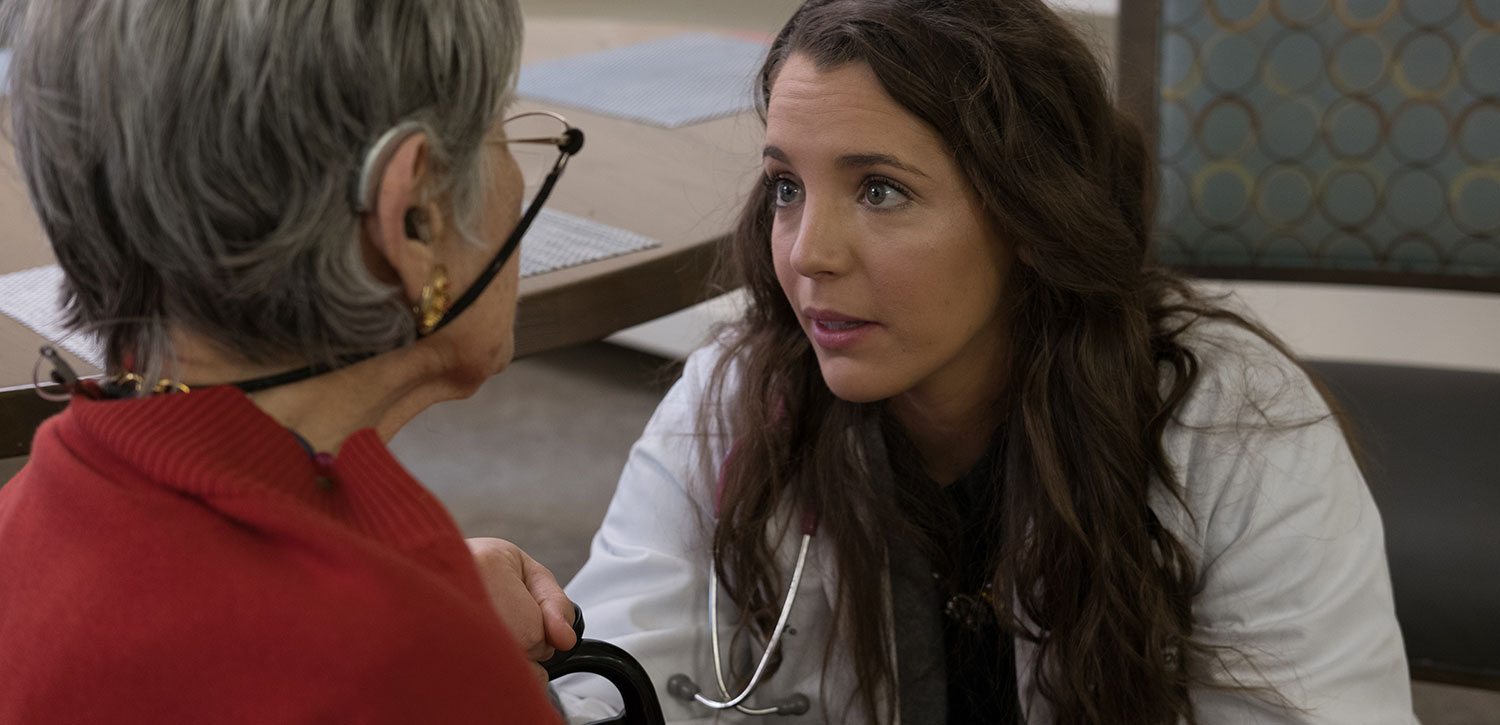By Judy Given, Abe’s Garden and Park Manor Director of Campus Development
I recently spoke with a man looking for support in figuring out what his mother currently needs. She’s a 90-year old with dementia and severe hearing loss. She had been able to bathe and dress herself. Then one day, she started feeling poorly, was more confused and developed some bowel problems. She ended up in the hospital and seemed to be declining. He called me wanting to know what options they should be considering for her, Assisted Living, Memory Care, Nursing Care or Hospice.
Unfortunately, there is no clear path for them at this point. It’s important to keep in mind that no one knows what her new baseline will be. It’s no surprise that she is more confused, as she isn’t feeling well and is in an unfamiliar environment. Once the testing (C-Diff, a bacterial infection, Urinary Tract Infection, etc.) and treatment is complete and she is stable again, she may need some time in rehab to regain strength.
This will allow time to determine what her needs will be when she’s not in crisis. The hospital discharge planner and therapists will be able to help evaluate her functioning and give advice on what her care needs are likely to be.
If she returns to her previous level, and her physical care needs seem to be the primary concern, then it may be that Assisted Living is the best option. If she is better, but the need for a secure, structured, and engaging environment is called for, the family should look for an Assisted Living Memory Care community. If the team is not seeing improvement, they may recommend skilled nursing or even a hospice care residential community. It’s much easier to find the right place once you know what level of care you should be looking for.
For support identifying a quality memory care community, please visit https://abesgarden.wpengine.com/resources/evaluating-care to view and download “How to Evaluate the Quality of Residential Care for Persons with Dementia”. This free guide shares information about what to look for, questions to ask, and most importantly, what answers can assure you the community provides quality care.

